Creatinine is a waste product which forms during muscle metabolism processes. Creatinine results from creatine, which plays an important role in the production of energy needed by the muscles. Creatinine is found only in the skeletal muscles that have need of it.
Every day, 2% of the creatine in the body is turned into creatinine. It is transported through the blood to the kidneys, which play the role of filtering it and getting it out of the body through the urine. The creatine which is converted into creatinine is an amino acid.
In its natural form, creatine is found not only in people but in all vertebrate organisms and helps supply the nerves and muscles with energy. The role of creatinine is related to the processes of muscle contractions.
Functions of Creatinine
Creatinine has many important functions, regardless of the fact that it's a byproduct. It is an incredibly reliable indicator of kidney health.
When kidney function is disrupted for whatever reason, creatinine levels rise. The person may not even be suffering from any symptoms but tests done may show that the kidneys are not functioning correctly.
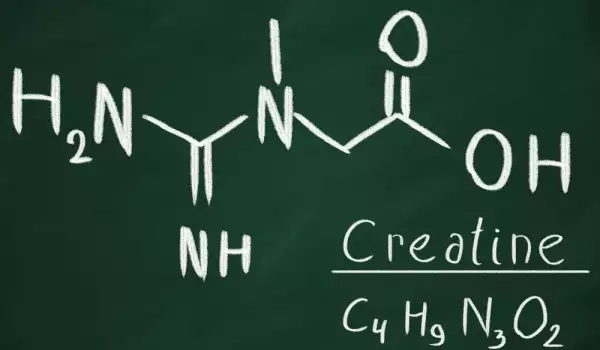
Normal levels of creatinine in the blood are about 0.6-1.2 mg in men and 0.5-1.1 mg in women. Young men with greater muscle mass have more creatinine in their blood, while older persons have lower levels.
Sources of Creatinine
The main sources of creatinine for the human body are meat products. Vegetables contain no creatinine and for this reason vegetarians need to take creatinine supplements, thereby actually obtaining even higher doses of it than meat eaters.
It is believed that a fully healthy person may take these types of supplements for a brief period but the correct dosage is crucial. Even so it is not fully understood whether long-term intake can cause any sort of bodily harm and the issue is still subject to study.
An increasing number of athletes are turning to creatinine as a dietary supplement. Just 5 g of creatinine equal to about 2 lb (1 kg) of raw beef steak. Creatinine raises adenosine triphosphate quantities in the muscles, also acting as their main source of fuel.
It is used to accumulate energy and muscle mass but must be paired with a proper diet.
Last but not least, creatinine protects muscles from falling apart during intense and heavy workouts. It's key to note that the person needs to have had at least 1 year of training and must strictly adhere to the dosage.
Dehydration may result in some cases, due to the muscles' greater need of water in comparison to the rest of the body.
Supplements with creatinine are also a subject of research regarding their potential uses in treating muscle and neurological diseases, heart failure, arthritis, Parkinson's and others.
Creatinine Test
Measuring creatinine can evaluate kidney function. Normally, its levels are constant and are not affected by eating or physical activity. If there is kidney damage, its levels do rise in the blood because it cannot be removed with the urine.
A creatinine clearance test is done to determine how well creatinine is being disposed from the kidneys. This test provides better information than studying creatinine levels alone.

Blood samples are taken to find the ratio between creatinine and urea. The ratios between the 2 helps diagnose different problems, such as dehydration.
All of these tests are done to determine kidney function, to check the progress of already existing kidney diseases, as well as to keep track of the kidney function of people who are taking potent and possibly dangerous medicines.
A creatinine test requires that the person not do any strenuous exercises or physical activity or eat large amounts of meat 48 hours before the test. Taking a blood sample is safe and nearly painless.
Creatinine Levels
Low levels of creatinine in the blood may be an indicator of low muscle mass due to aging or muscular dystrophy, a diet poor in proteins, liver diseases and pregnancy.
High levels of creatinine mean kidney damage. The various kidney diseases may be the result of conditions such as cancer, shock, kidney stones, dehydration, heart failure, gout, muscle problems, gigantism, acromegaly.







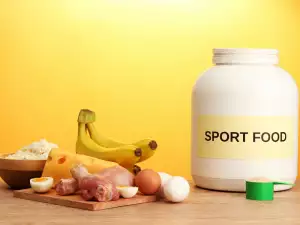

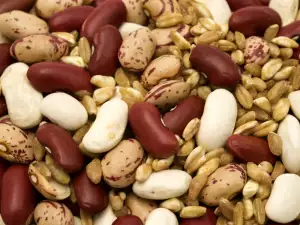
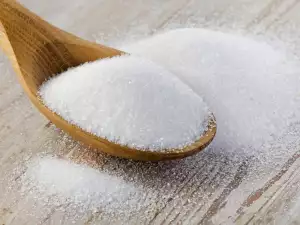

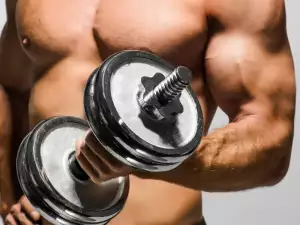



Comments